

Articles
How To Store Cooked Asparagus
Modified: August 19, 2024
Learn the best methods for storing cooked asparagus to maintain its flavor and texture. Explore our articles for expert tips and advice on asparagus storage techniques.
(Many of the links in this article redirect to a specific reviewed product. Your purchase of these products through affiliate links helps to generate commission for Storables.com, at no extra cost. Learn more)
Introduction
Asparagus is a delicious and nutritious vegetable that can be enjoyed in a variety of dishes. Whether you’ve cooked up a batch of roasted asparagus or steamed it to perfection, you may find yourself wondering how to store any leftovers for future use. Proper storage is crucial to ensure the longevity and quality of cooked asparagus.
While storing raw asparagus is relatively straightforward, storing cooked asparagus requires a slightly different approach. Cooked asparagus can undergo changes in texture and flavor if not stored properly. In this article, we will explore the different methods and guidelines to help you store cooked asparagus effectively.
Key Takeaways:
- Properly storing cooked asparagus in airtight containers or freezer bags, and following blanching techniques, can preserve its freshness, flavor, and nutritional value for convenient future use.
- Refrigerator storage allows for short-term preservation of cooked asparagus, while freezer storage extends its shelf life up to 6 months, providing versatility and reducing food waste.
Read more: How To Store Asparagus
Benefits of Storing Cooked Asparagus
Storing cooked asparagus has several advantages, including:
- Convenience: Storing cooked asparagus allows you to have a ready-to-eat vegetable on hand, making meal preparation more convenient and time-efficient.
- Reduced Food Waste: By storing cooked asparagus, you can ensure that no leftovers go to waste. This is especially useful if you have cooked more asparagus than you can consume in one sitting.
- Versatility: Cooked asparagus can be used in a variety of dishes, such as salads, stir-fries, pasta, or omelettes. By storing it, you have a versatile ingredient readily available to add flavor and nutrition to your meals.
- Nutritional Value: Asparagus is a nutrient-dense vegetable, rich in vitamins A, C, E, and K, as well as folate, iron, and fiber. By storing cooked asparagus properly, you can preserve its nutritional value for longer.
These benefits make storing cooked asparagus a practical and economical choice for home cooks who want to make the most of their ingredients and maintain a healthy diet. Now let’s explore the different methods you can use to store your cooked asparagus.
General Guidelines for Storing Cooked Asparagus
Before we delve into specific storage methods, there are a few general guidelines to keep in mind when storing cooked asparagus:
- Cool Before Storing: Allow the cooked asparagus to cool completely at room temperature before storing it. This helps prevent condensation and excess moisture that may lead to a soggy texture.
- Remove Excess Oil or Dressing: If you have seasoned the cooked asparagus with oil, sauce, or dressing, it’s best to remove any excess before storing. This helps maintain the quality of the asparagus and prevents it from becoming too greasy.
- Use Airtight Containers: Opt for airtight containers or resealable bags to store cooked asparagus. This helps keep the asparagus fresh and prevents it from absorbing any odors from the fridge or freezer.
- Label and Date: For better organization and to keep track of freshness, label the container with the content (cooked asparagus) and the date it was stored.
- Store Separate from Strong Odors: Asparagus can easily absorb odors from strong-smelling foods. To avoid this, store it separately or in a sectioned container in the refrigerator or freezer.
Following these guidelines will help ensure that your cooked asparagus stays fresh and flavorful when you’re ready to enjoy it later. Now, let’s explore the different methods of storing cooked asparagus.
Method 1: Refrigerator Storage
Refrigerator storage is the most common method for storing cooked asparagus. Here’s how to do it:
- Cool Down: Allow the cooked asparagus to cool down completely at room temperature.
- Prep for Storage: Remove any excess oil or dressing from the cooked asparagus, if applicable.
- Airtight Container: Place the cooked asparagus in an airtight container. You can also wrap individual spears with plastic wrap or aluminum foil.
- Other Layers: If you have multiple layers of asparagus, place a sheet of parchment paper or a paper towel between each layer to prevent sticking.
- Refrigerator Placement: Place the container in the refrigerator’s main compartment, away from any strong-smelling foods.
- Duration: Cooked asparagus stored in the refrigerator can usually be kept for up to 3-4 days.
When you want to use the stored asparagus, simply take it out of the refrigerator, let it come to room temperature or heat it briefly, and incorporate it into your desired dish. Refrigerator storage is ideal for short-term preservation of cooked asparagus.
Store cooked asparagus in an airtight container in the refrigerator for up to 3-4 days. To maintain freshness, wrap the asparagus in a damp paper towel before placing it in the container.
Method 2: Freezer Storage
If you want to store cooked asparagus for longer periods, freezer storage is a great option. Here’s how to do it:
- Cool Down: Allow the cooked asparagus to cool down completely at room temperature.
- Prep for Storage: Remove any excess oil or dressing from the cooked asparagus, if applicable.
- Blanching: Blanching the asparagus before freezing helps preserve its texture and flavor. To blanch, bring a pot of water to a boil and submerge the asparagus for 2-3 minutes. Then, transfer it to an ice bath to stop the cooking process.
- Drain and Dry: After blanching, make sure to drain the asparagus well and pat it dry with paper towels to remove excess moisture.
- Freezer Bags or Containers: Place the blanched and dried asparagus in freezer-safe bags or airtight containers. You can also divide them into portion sizes if desired.
- Label and Date: Label the bags or containers with the content and the date of freezing.
- Freezer Placement: Place the bags or containers in the freezer, ensuring they are placed in a flat position to prevent sticking together.
- Duration: Properly stored, cooked asparagus can be kept in the freezer for up to 6 months.
When you’re ready to use the frozen asparagus, simply thaw it in the refrigerator overnight, or quickly blanch it again for a minute before incorporating it into your cooking. Freezer storage is a convenient and practical method to preserve cooked asparagus for longer durations.
Read more: How To Store Fresh Cut Asparagus
Method 3: Blanching and Storing
Another method to store cooked asparagus is by blanching it before storing. Blanching helps to preserve the color, texture, and flavor of the asparagus. Here’s how to do it:
- Cool Down: Allow the cooked asparagus to cool down completely at room temperature.
- Prep for Blanching: Remove any excess oil or dressing from the cooked asparagus, if applicable.
- Blanching: Bring a pot of water to a boil and submerge the cooked asparagus in the boiling water for about 2 minutes. This blanching process helps to halt any enzymatic activity that may lead to the deterioration of the asparagus.
- Ice Bath: After blanching, immediately transfer the asparagus to an ice bath to cool rapidly and stop the cooking process. Leave it in the ice bath for the same amount of time as the blanching duration.
- Drain and Dry: Once the asparagus has cooled, drain it well and pat it dry with paper towels to remove any excess moisture.
- Storage Containers: Place the blanched and dried asparagus in airtight containers or freezer bags.
- Label and Date: Label the containers or bags with the content and the date of storage.
- Freezer or Fridge: Depending on your intended storage duration, you can store the asparagus in the freezer for long-term storage or in the refrigerator for short-term storage.
Blanching and storing cooked asparagus is a popular method among those who want to preserve the vibrant color and maintain the crispness of the vegetable. It can be a great option if you have a surplus of cooked asparagus and want to enjoy it at a later time.
Tips for Maintaining Freshness and Flavor
To ensure that your stored cooked asparagus maintains its freshness and flavor, here are some helpful tips to keep in mind:
- Store in Proper Portions: Consider dividing the cooked asparagus into smaller portions before storing. This way, you can thaw or use only what you need, reducing any potential waste.
- Don’t Overcook: Be mindful not to overcook the asparagus initially, as it can become mushy when reheated.
- Pat Dry Before Storage: It’s crucial to dry the asparagus thoroughly before storing it, as any excess moisture can lead to a deterioration in quality.
- Avoid Repeated Freezing and Thawing: If you decide to freeze cooked asparagus, it’s best to use it all at once rather than refreezing it after thawing.
- Use Quality Containers: Invest in high-quality airtight containers or freezer bags that prevent air and moisture from entering and affecting the asparagus.
- Rotate Stored Asparagus: When storing multiple batches of cooked asparagus, use the “first in, first out” method. Consume the oldest batch first to ensure maximum freshness.
- Consider Freezing Individual Stalks: If you frequently use asparagus in recipes that call for individual stalks, consider blanching and freezing them separately. This way, you can easily grab the desired amount without thawing more than needed.
- Label Your Storage: Make it a habit to label your stored asparagus containers or bags with the date of storage. This will help you keep track of the freshness and discard any asparagus past its prime.
By following these tips, you can extend the shelf life of your cooked asparagus and maintain its fresh taste and texture for as long as possible.
Conclusion
Storing cooked asparagus properly is essential to preserve its quality and allow you to enjoy this delicious vegetable even after it has been cooked. Whether you choose to store it in the refrigerator or the freezer, following the right methods will ensure that your cooked asparagus stays fresh and retains its flavor.
Refrigerator storage is ideal for short-term preservation, allowing you to enjoy cooked asparagus within a few days. Freezer storage, on the other hand, provides a longer shelf life, lasting up to 6 months.
If you prefer to maintain the vibrant color and crispness of the asparagus, blanching it before storage is an excellent option. Blanching helps to preserve the quality and texture of the vegetable, making it a versatile ingredient for future culinary creations.
Remember to follow general guidelines when storing cooked asparagus, such as allowing it to cool completely, removing excess oil or dressing, and using airtight containers or bags. Proper labeling and organization also help in keeping track of freshness and avoiding food waste.
By implementing these storage methods and tips, you can make the most of your cooked asparagus, reducing waste and ensuring that you always have this nutritious and flavorful vegetable on hand.
So go ahead and enjoy the convenience, versatility, and nutritional benefits of storing cooked asparagus properly!
Frequently Asked Questions about How To Store Cooked Asparagus
Was this page helpful?
At Storables.com, we guarantee accurate and reliable information. Our content, validated by Expert Board Contributors, is crafted following stringent Editorial Policies. We're committed to providing you with well-researched, expert-backed insights for all your informational needs.
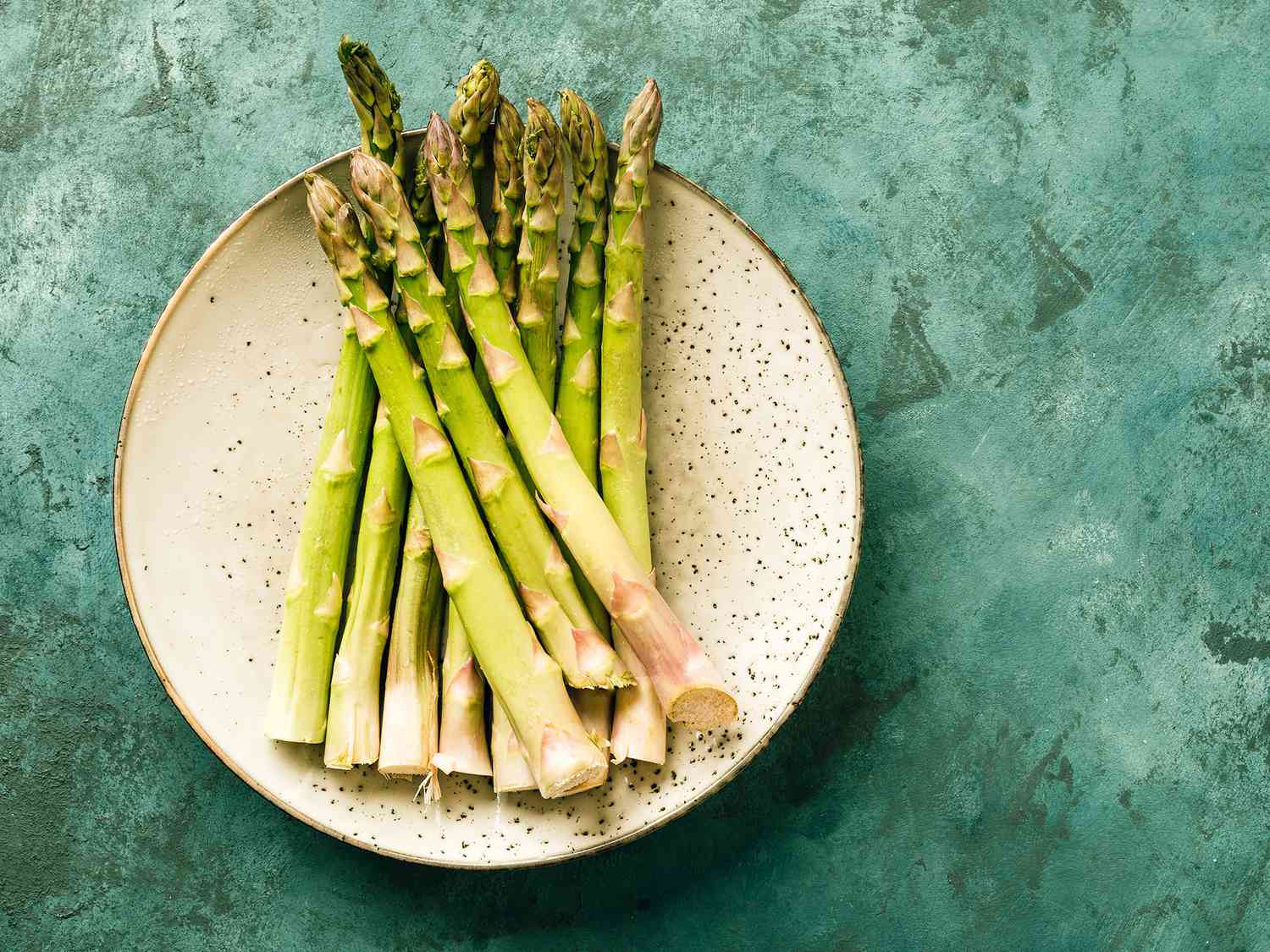
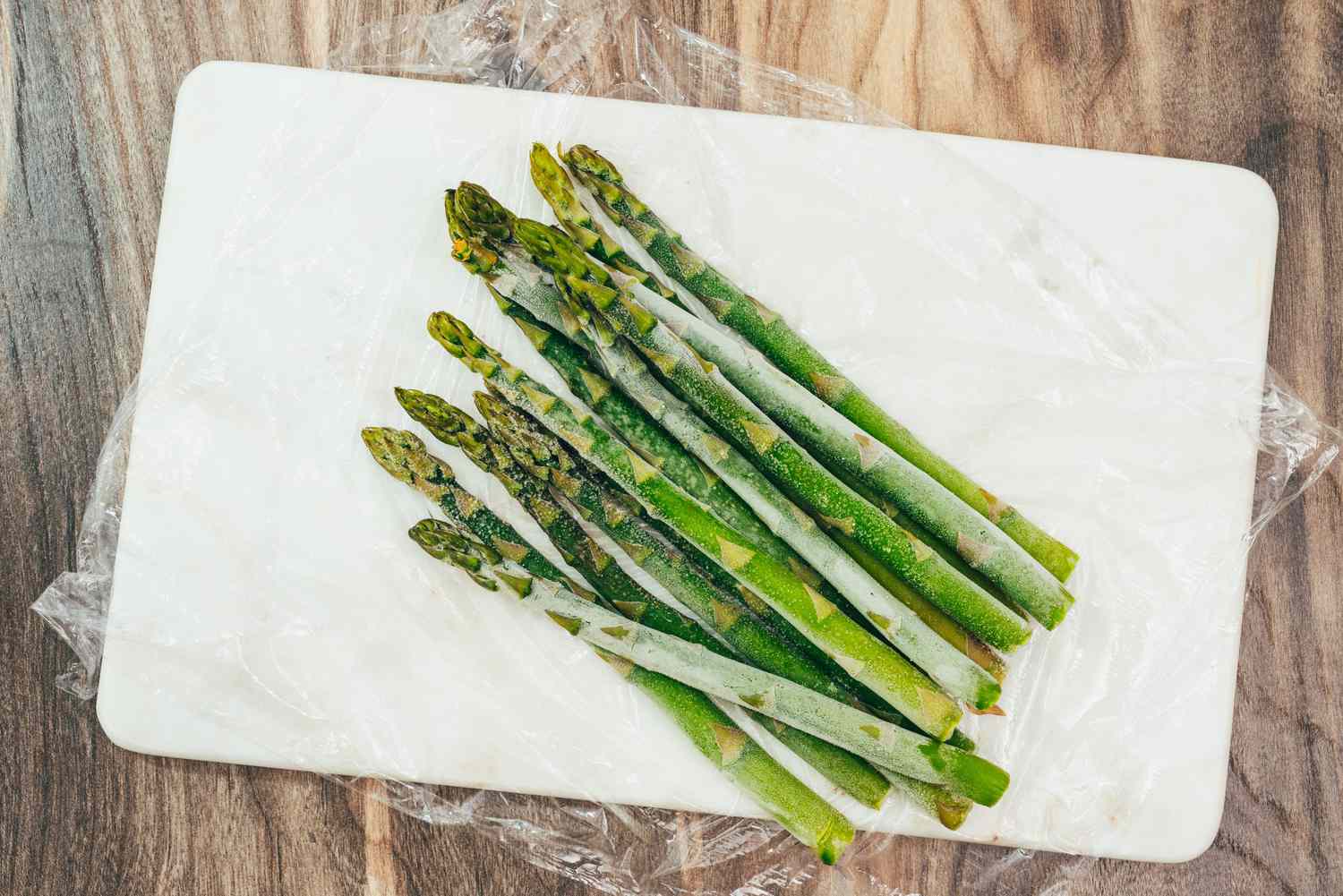
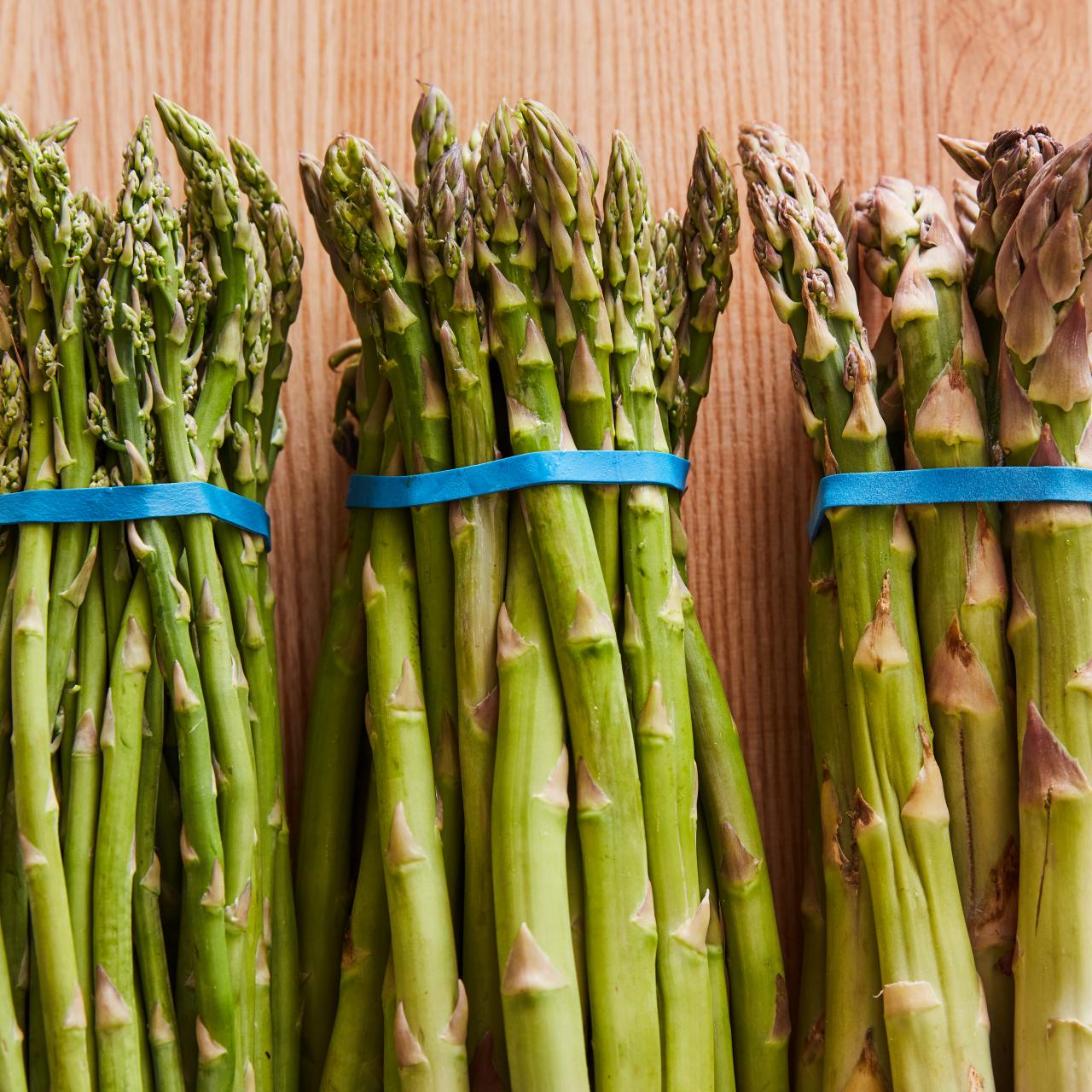
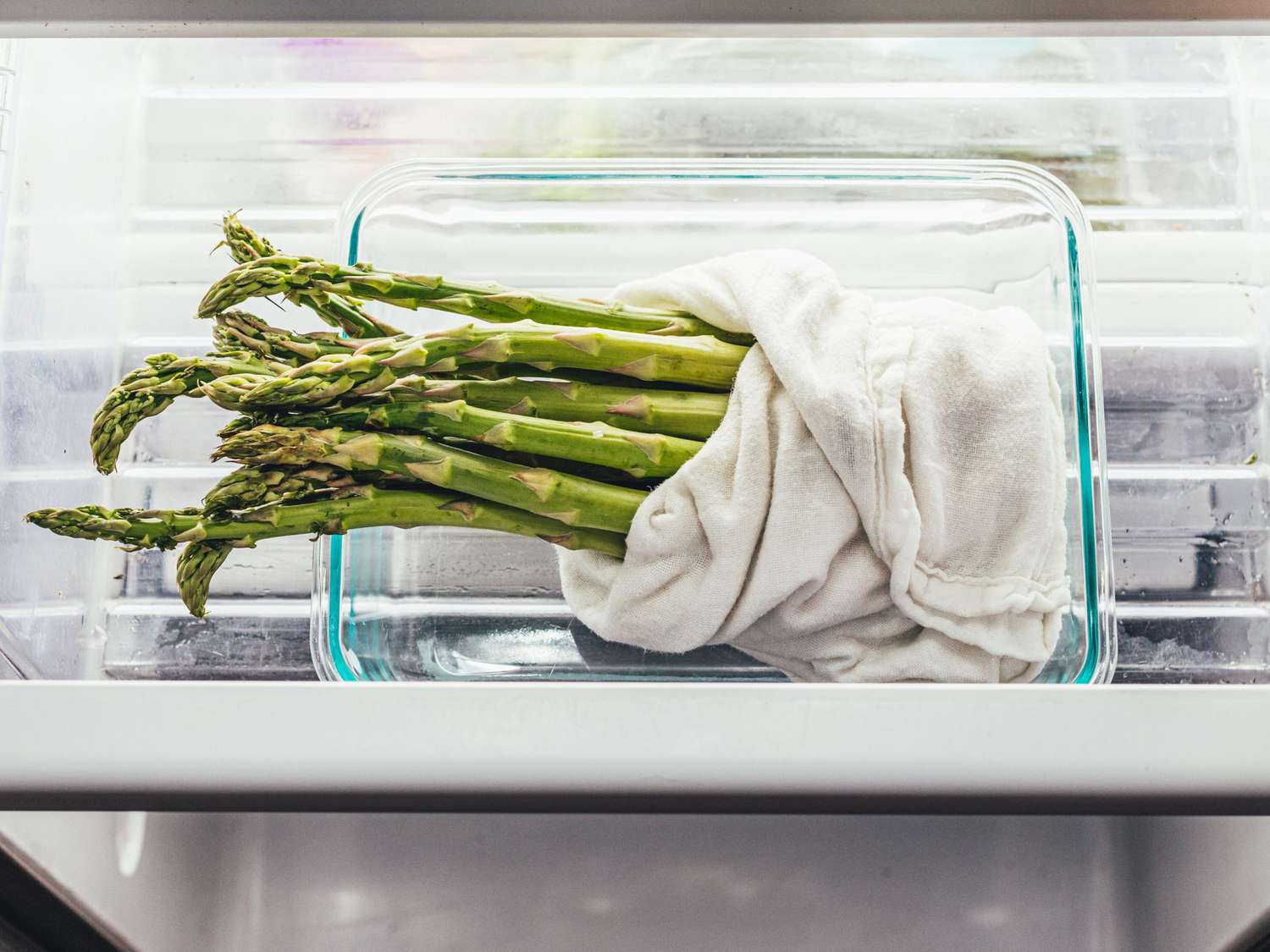
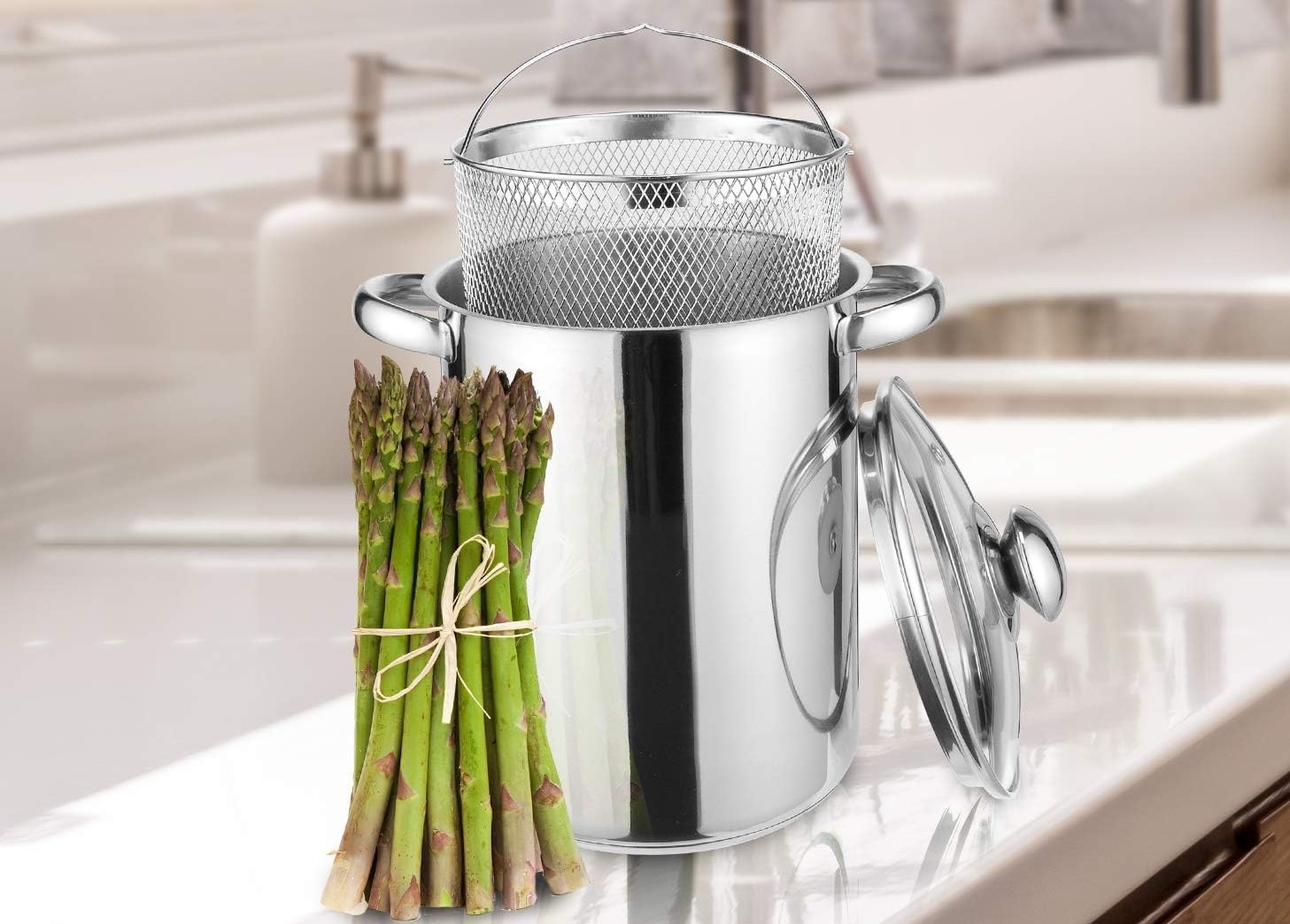
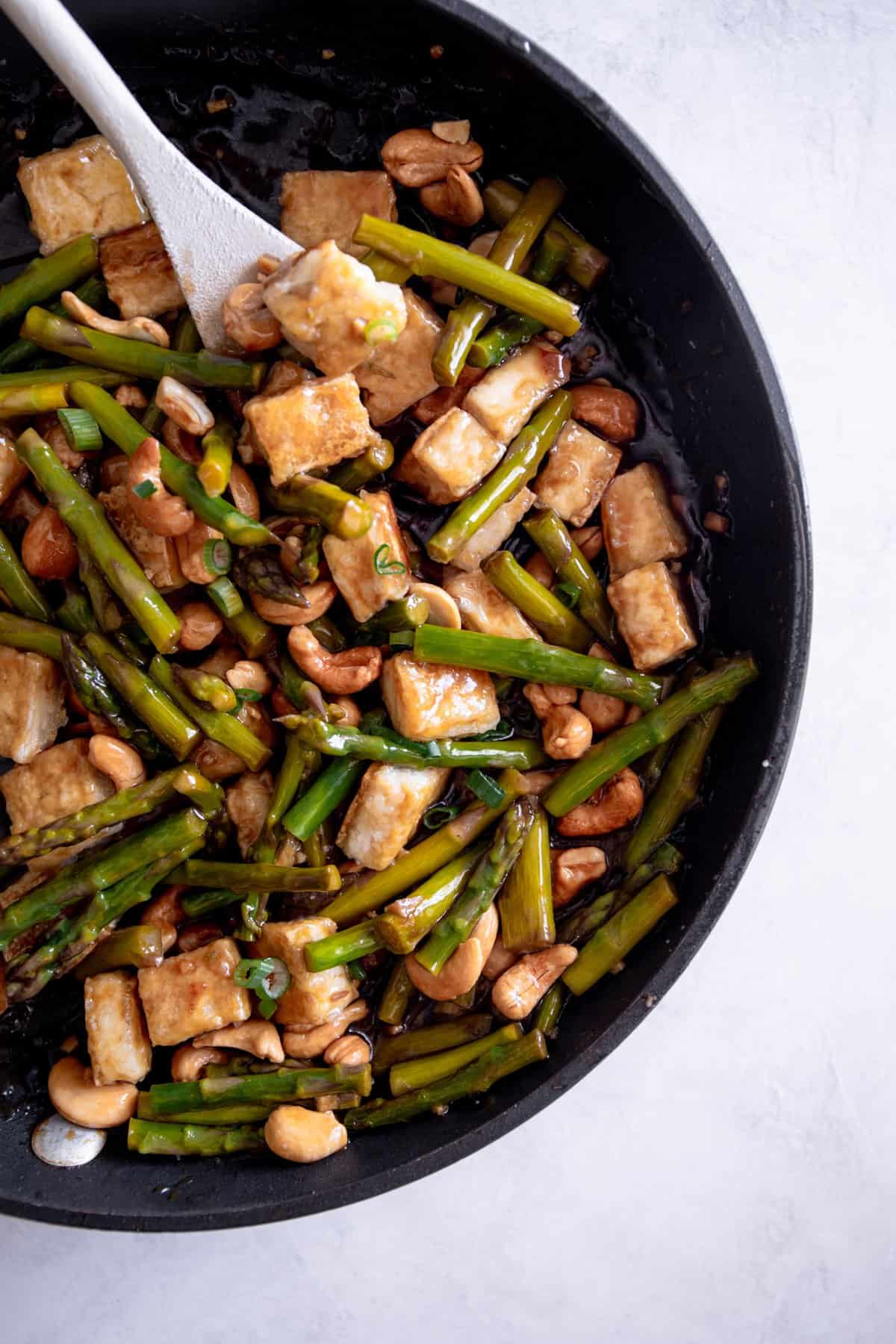
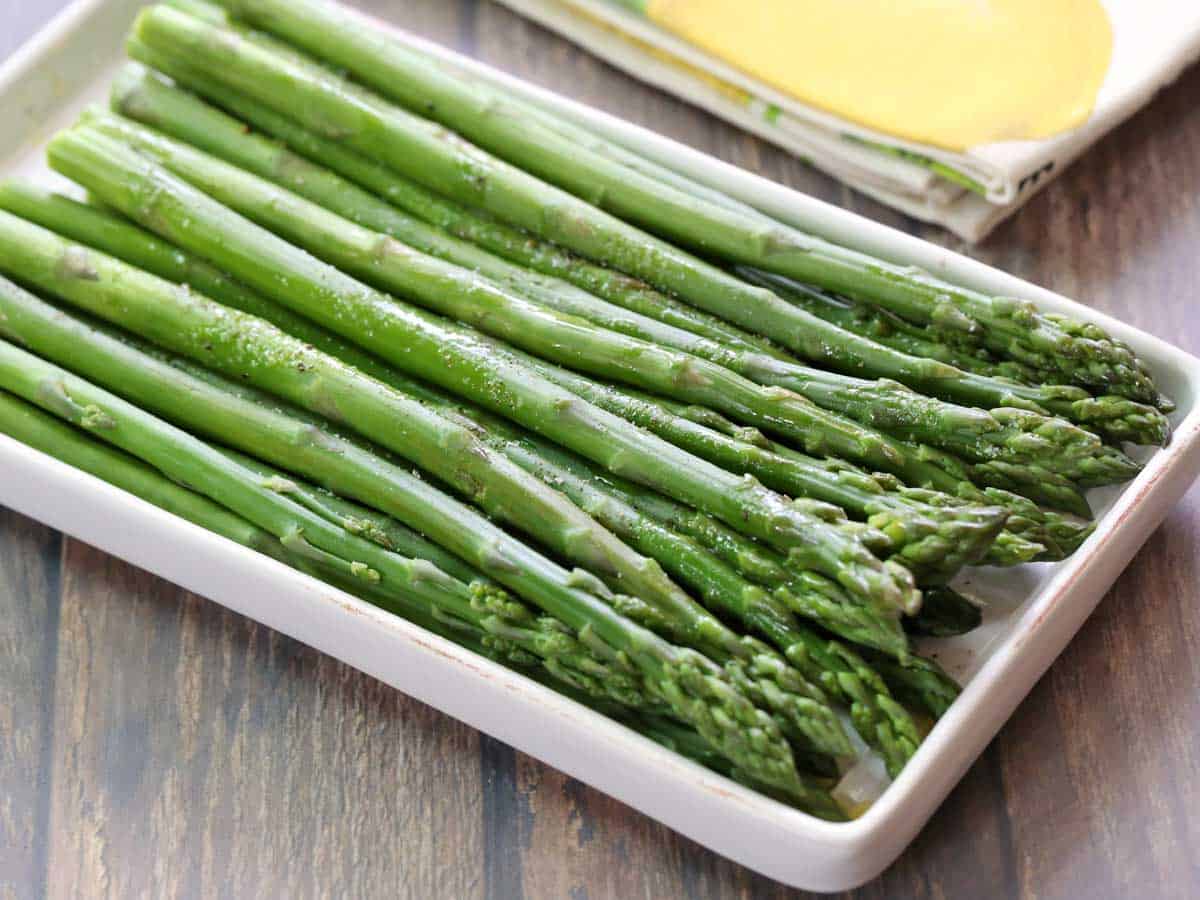
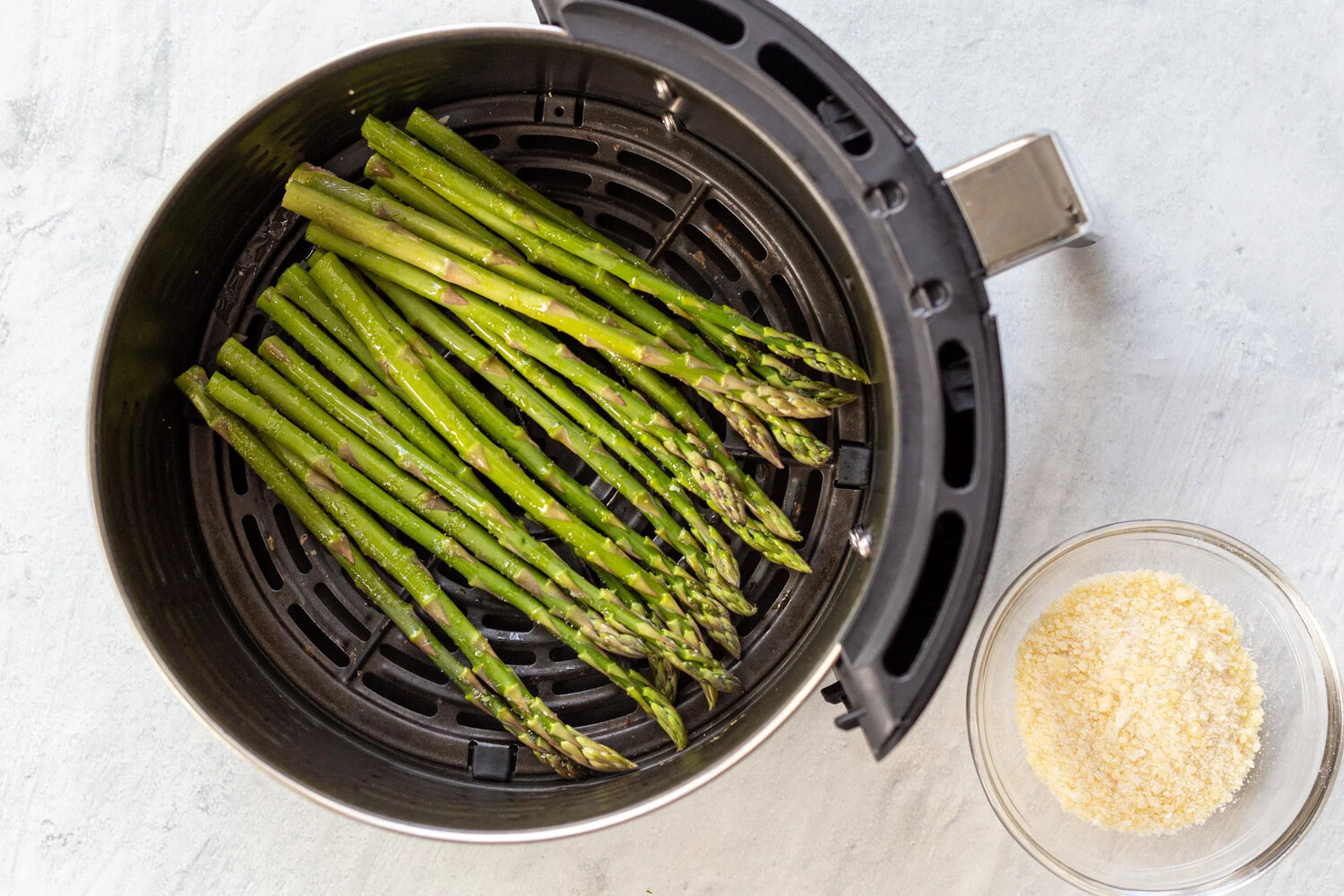
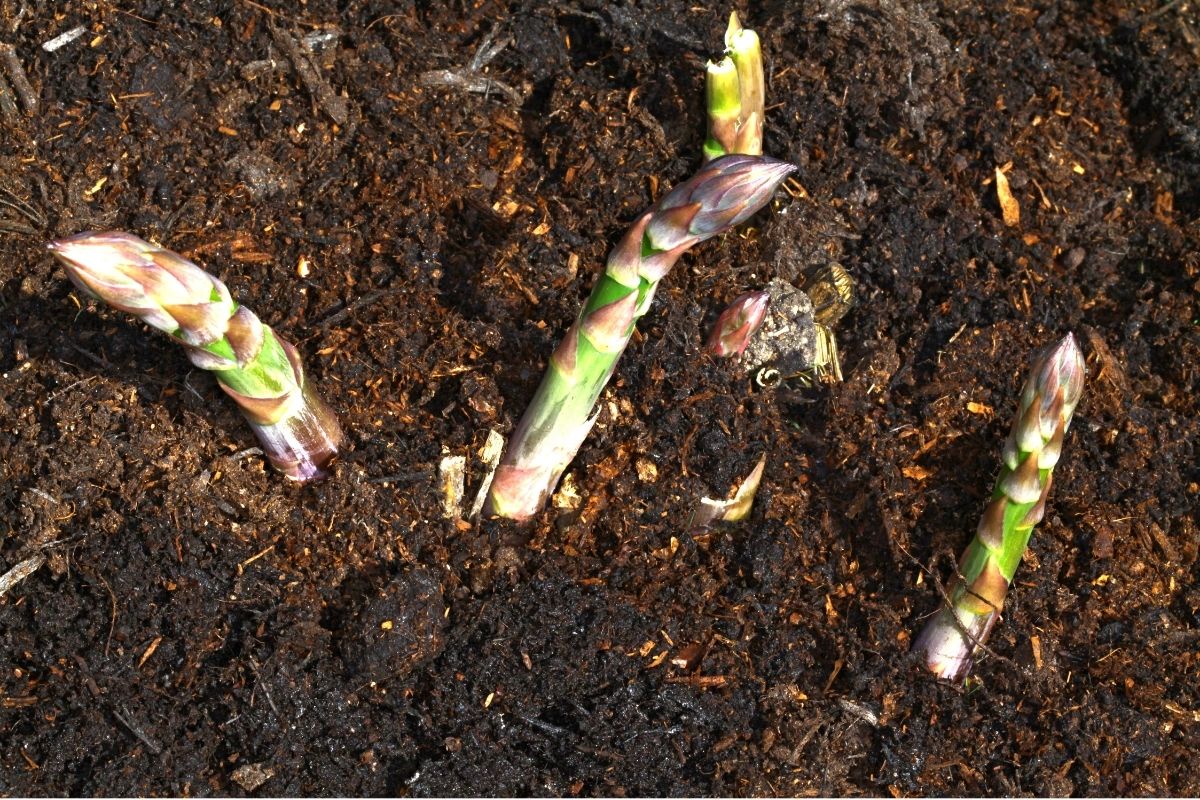
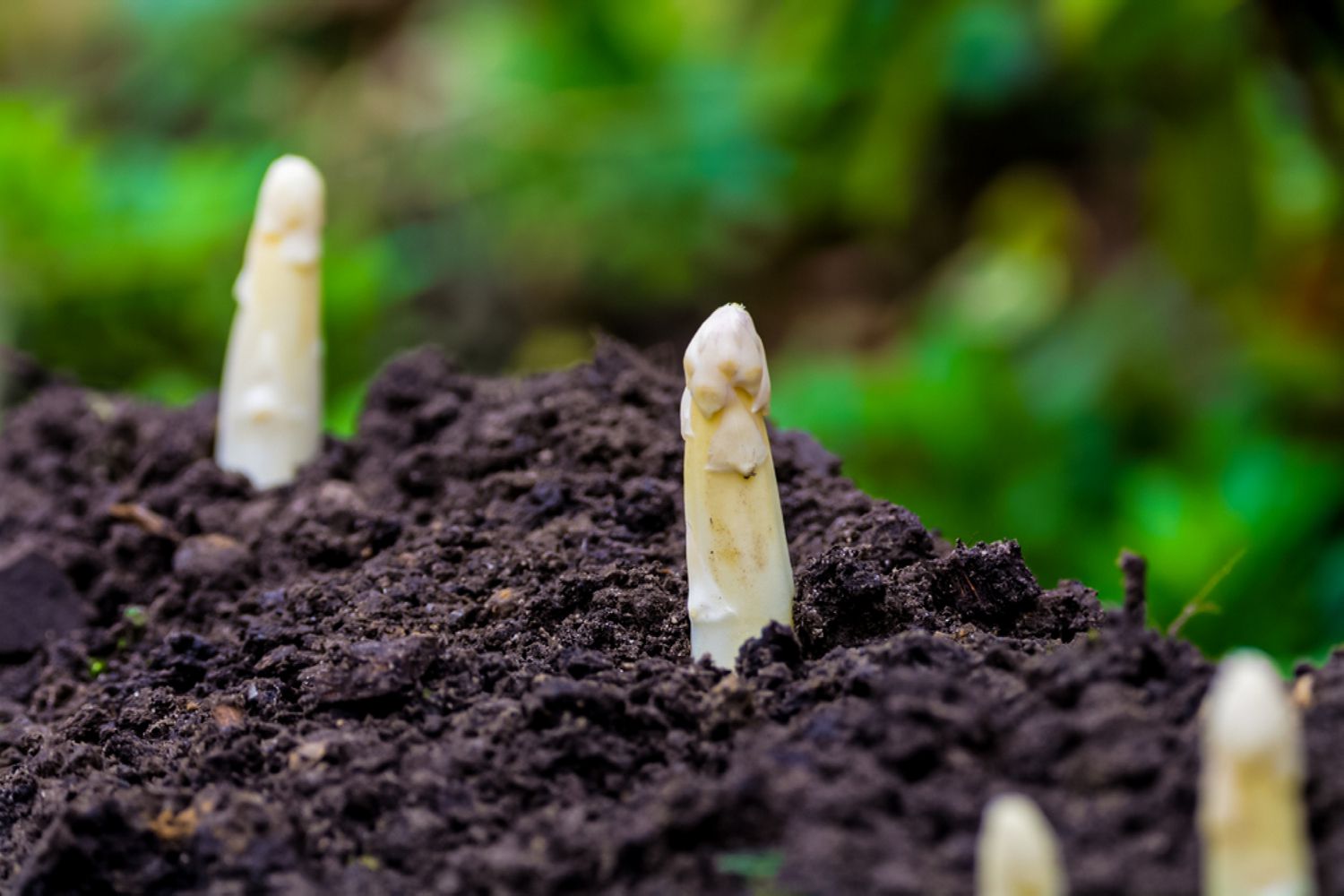
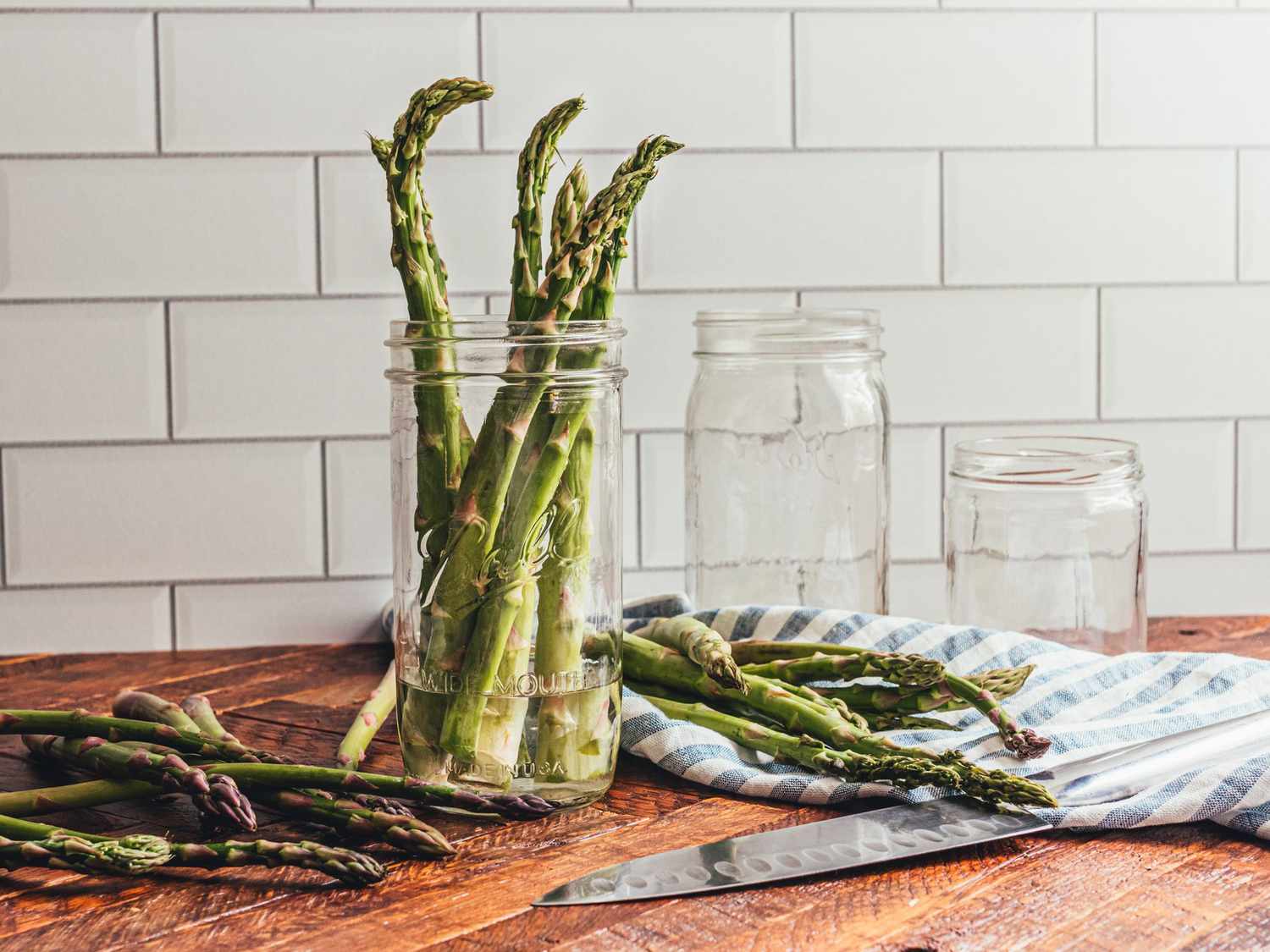

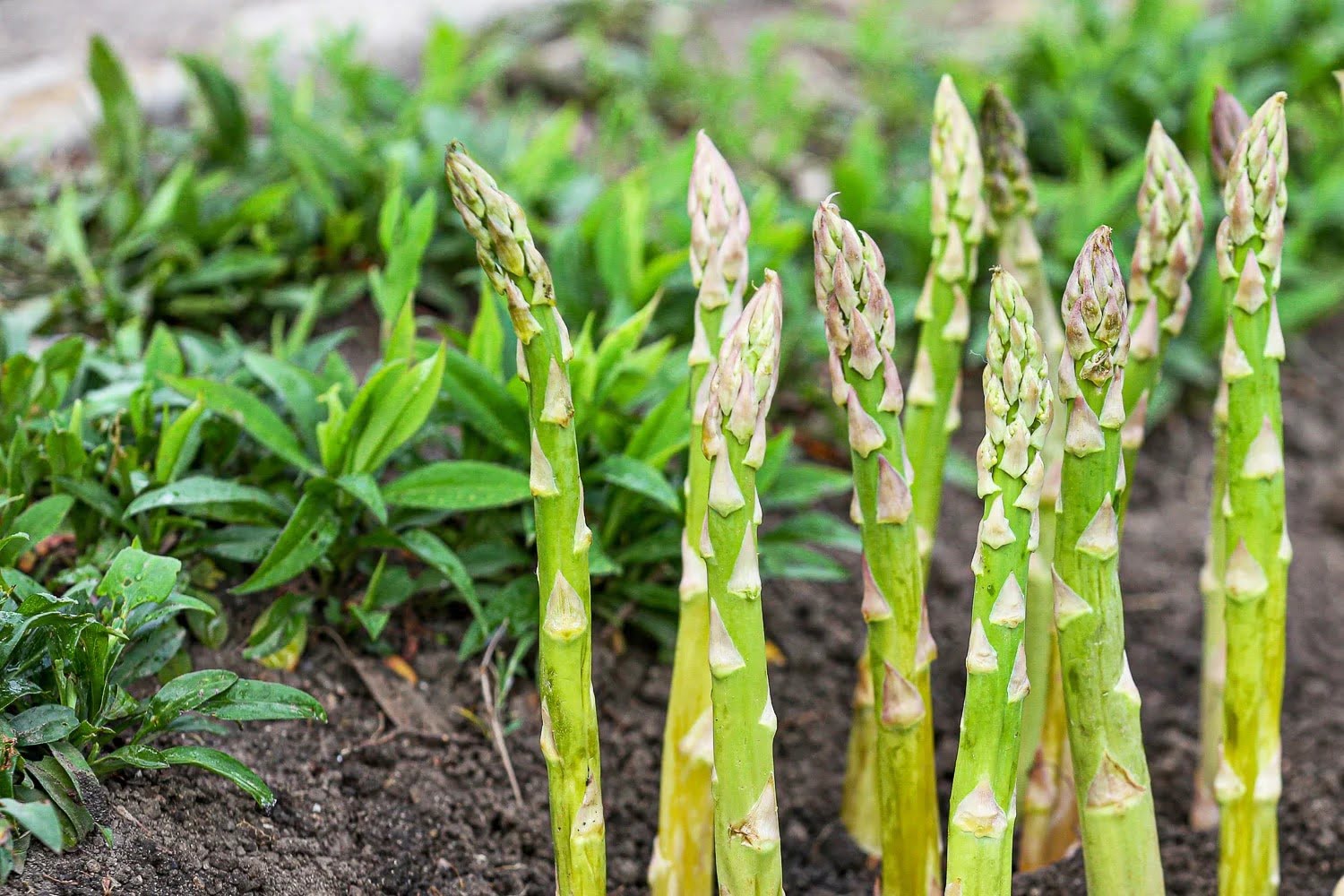
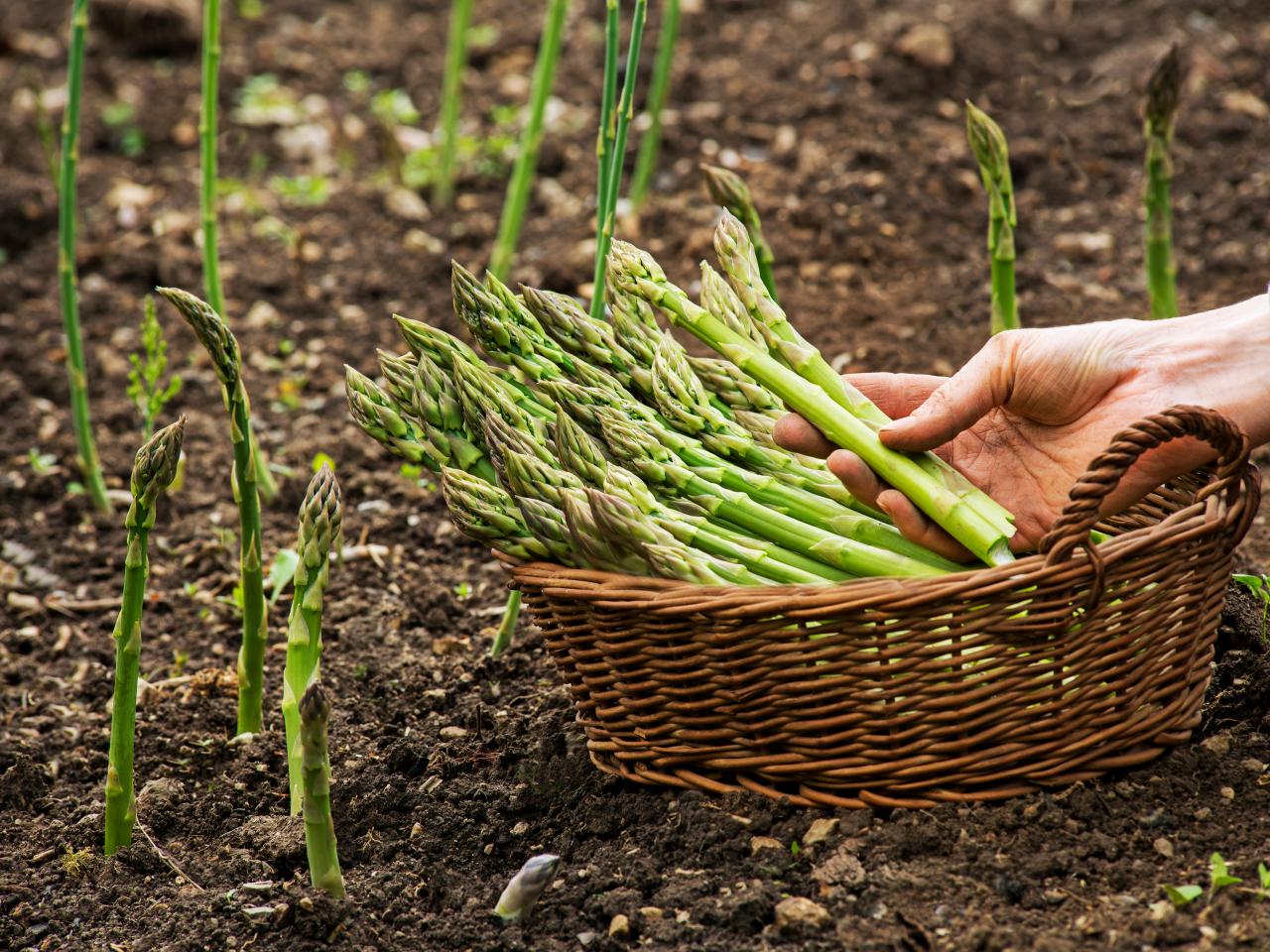

0 thoughts on “How To Store Cooked Asparagus”